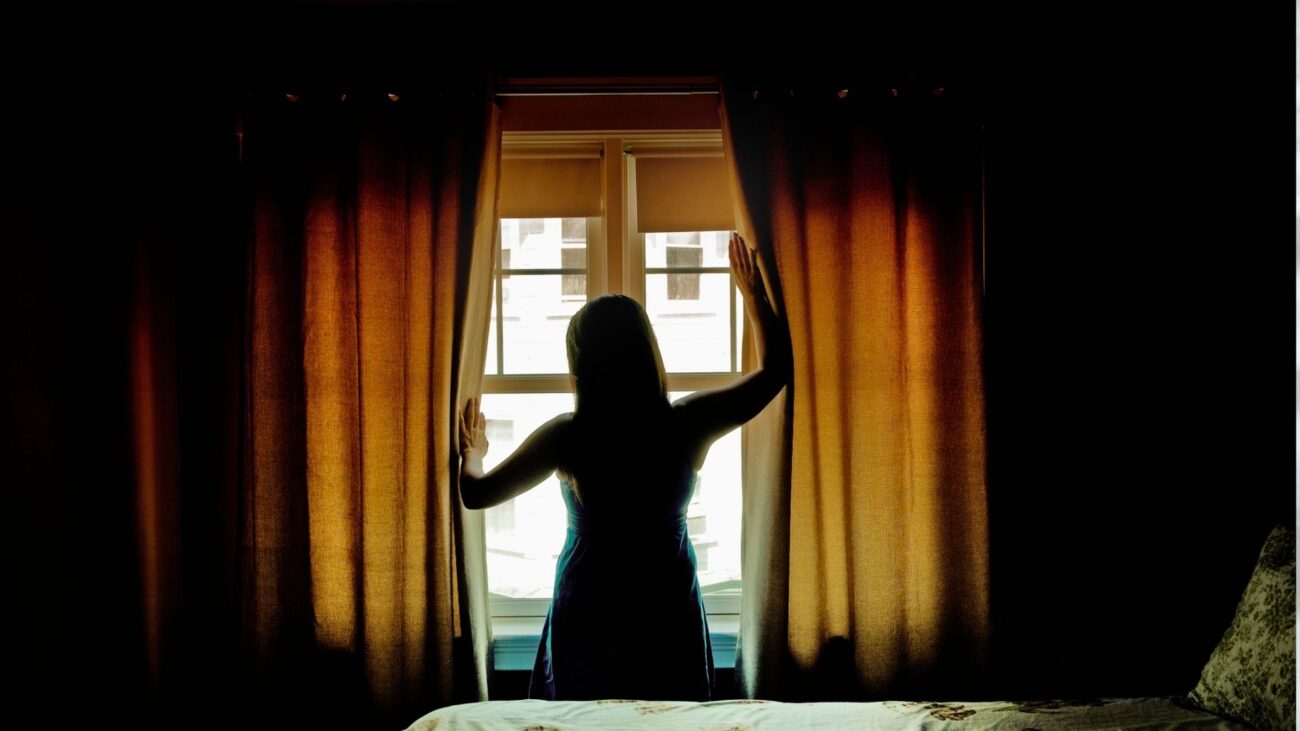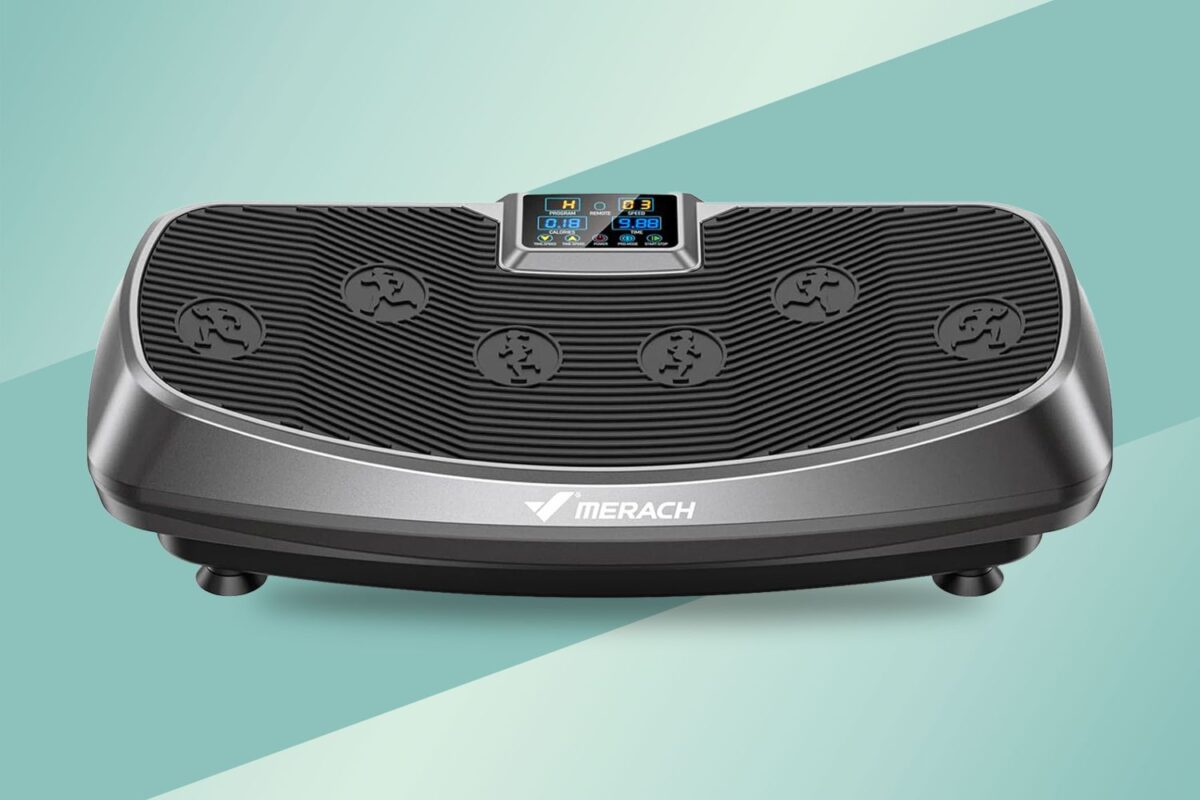Blog
Tired From Lack of Sleep? 5 Things To Do For More Energy

- Sleep is essential for your health and well-being. Without enough of it, you can feel drained and unmotivated.
- There are ways you can boost your energy levels that don’t involve caffeinated beverages. Sticking to the basics, such as drinking water and adding movement to your day, can help.
- Adopting good sleep hygiene habits and cutting off your caffeine consumption in the late afternoon can help you get better sleep at night so you’re more alert the next day.
Sleeping is one of the most important things you can do for your body, mind and central nervous system. Adults who get at least 7 to 9 hours of quality shuteye each night may get sick less often, have lower stress levels and stave off chronic conditions such as diabetes and cardiovascular disease. Additionally, the most immediate benefits of getting adequate rest are feeling energized, mentally clear and motivated to take on the day.
Not every night will be as restful as the next, and that’s OK. Several factors like stress, looming work deadlines and substances like alcohol can all deter you from getting quality zzz’s. But as we all know, the show must go on—whether you sleep well or not. On the days where it feels like you’re dragging your feet to get to 5p.m., it might be worth exploring other ways to put some pep in your step. Ahead, registered dietitians provide tips on how you can boost your energy levels via nutrition and other simple approaches.
1. Hydrate, Hydrate, Hydrate
Keeping up with your fluid intake can help you feel more energized, even if you’re short on sleep, says Roxana Ehsani, RD, CSSD. “Dehydration can lead to headaches, increased hunger and reduced mental or physical performance,” she says. “In fact, being just 2% dehydrated can impair both cognitive function and athletic performance.”
Everyone’s ideal water intake is different, as activity levels, medication use and body weight may all influence what fluid intake feels best for you. But generally speaking, aiming to drink between 11.5 and 15.5 cups per day is in line with the dietary reference intake (DRI). Adding electrolytes to your beverage can expedite your hydration efforts, drawing more water into your body’s cells. This can increase your energy levels and delay muscle fatigue when working out.
2. Eat a Balanced Breakfast
Kicking the day off with a balanced meal, meaning one that’s rich in complex carbs, protein and healthy fats is just one way you can set yourself up for success. Balancing these core macronutrients can provide lasting energy by improving your concentration, stabilizing your blood sugar levels, and preventing a mid-morning energy dip, says Lena Bakovic, RDN, CNSC.
And while it may be tempting to go for an extra large latte paired with a sweetened pastry, if you’re trying to maintain energy throughout the day, you’ll want to opt for something more satiating like a yogurt parfait or a homemade breakfast sandwich with ingredients like eggs, cheese and avocado. “Sleep deprivation can increase sugar cravings, so eating a balanced meal in the morning can help curb those urges,” says Ehsani.
3. Get Moving
One of the best ways to get an immediate burst of energy is exercise. And it doesn’t have to be a vigorous workout, like HIIT or sprints on the track. When you’re sleep-deprived, over-exerting yourself isn’t the answer. Sticking to low-impact movements is the key, says Bakovic. “Engaging in light activity such as stretching or going for a short walk promotes blood flow and releases mood-boosting endorphins, which can enhance alertness.”
If you’re tight on time, Ehsani recommended squeezing in just 10 minutes of physical activity to help wake you up and get ready for the day ahead.
4. Enjoy Sunlight
Stepping outside for even a brief period of time in the morning can be the ticket to better sleep that night. “A few minutes of natural light exposure can help wake you up and regulate your body’s circadian rhythms,” Ehsani says. “Plus, breathing in fresh air and getting outside can give your energy and mood a natural lift.”
5. Take a Quick Nap
You may feel a wave of fatigue hit after lunch. If you have the ability to honor that signal your body is sending you, consider carving out time for a quick quick 10- or 20-minute power nap, Ehsani recommends. “Taking a quick nap early in the day can help improve your mood and focus,” she explains. “Be sure to take your nap before late afternoon, or else might interfere with your next night of sleep.”
It’s true: Research suggests that taking naps later in the day can lead to fragmented sleep that night.
Other Tips for Having More Energy
The above tips will help you stay energized after poor sleep. However, in order to stay energized long-term, you’ll want to address the root problem: why you’re not sleeping. “Sleep is vital for overall health because it supports everything from cognitive function and hormone regulation to metabolism and immune health,” Ehsani says. Consider following these tips to help you get better shuteye:
- Practice deep breathing, meditation or mindfulness. “Deep breathing exercises or meditation can reduce stress and increase oxygen delivery to the brain, helping you feel more awake and focused,” Bakovic says.
- Adopt healthy sleep hygiene habits. Sleep hygiene is essential for a good night’s rest. There are so many examples of good habits you can pick up, such as going to bed and waking up around the same time each day to help your body get on a routine, Ehsani says. Another tip: “Make your bedroom dark, quiet, and cool to set yourself up for a dreamy sleep environment,” she adds. If you live in an area where there’s lots of outside noise, consider using a fan or sound machine to help block it out.
- Limit caffeine and added sugar. After a restless night, your first instinct may be to fill the largest mug you own with coffee or caffeinated tea. But the experts encourage you to resist that urge. “While caffeine and sugar might provide a quick energy boost, too much caffeine or [added] sugar can cause energy crashes later and interfere with quality sleep,” Bakovic says.
- Establish a caffeine cut off time. “While drinking caffeine can give you an energy boost, drinking it late into the afternoon or evening can interfere with your sleep,” Ehsani says. Find what cut off time that’s about 6 to 8 hours before your bedtime, as that’s generally how long caffeine stays in your system.
Our Expert Take
Sleep is a major component of your overall health, and it’s the key to staying energized throughout the day. If you don’t get as much quality sleep as you’d like, you can boost your energy through simple approaches like staying on top of your fluid intake and eating a balanced breakfast. Engaging in meditation and limiting your caffeine consumption throughout the day can help set you up for success at night. Ultimately, you’ll want to get to the bottom of your sleep troubles. If you’ve tried the above tips and tricks and you’re still not getting quality sleep, consider reaching out to a healthcare provider for support.










